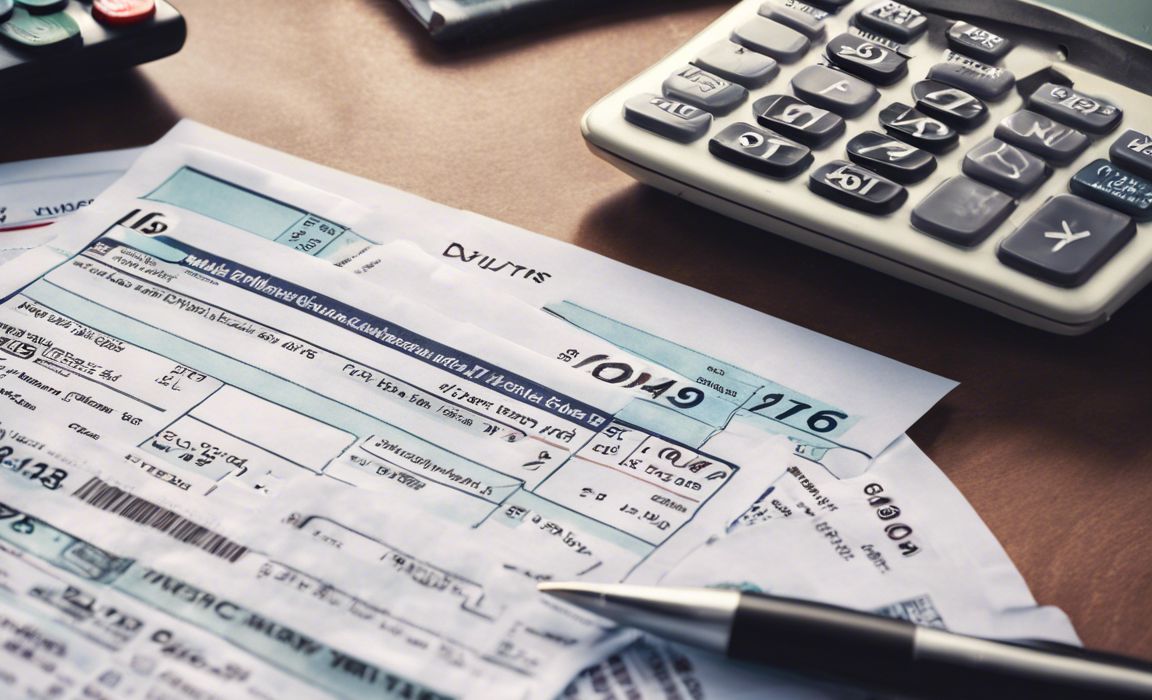Tax codes play a crucial role in determining how much tax an individual pays. They are issued by HM Revenue and Customs (HMRC) and are used by employers to calculate the correct amount of tax to deduct from an employee’s wages. Understanding HMRC payslip tax code updates is essential for both employers and employees to ensure that the right amount of tax is being paid and to avoid any potential issues with under or overpayment of tax.
How Tax Codes Work
Tax codes are made up of numbers and letters and are used by HMRC to determine the amount of tax-free income a person is entitled to in a given tax year. The tax code is used by employers to calculate how much tax to deduct from an employee’s wages each pay period. The most common tax code for the 2021/22 tax year is 1257L, which allows an individual to earn £12,570 tax-free.
HMRC Payslip Tax Code Updates
HMRC may update an individual’s tax code for various reasons. Here are some of the common reasons for a tax code update:
1. Change in Personal Allowance
If there is a change in the individual’s personal allowance, HMRC will update the tax code to reflect this. Personal allowance changes usually occur at the start of the new tax year in April.
2. Change in Circumstances
Any changes in circumstances, such as marriage, divorce, or starting a new job, can result in a tax code update to ensure that the correct amount of tax is being deducted.
3. Tax Code Errors
HMRC may update a tax code if there has been an error in the previous tax code calculation. This could be due to incorrect information provided by the individual or HMRC.
4. Benefits and Deductions
If an individual receives benefits or deductions that affect their tax code, HMRC will update the tax code accordingly. This could include benefits such as company cars or medical insurance.
5. State Pension
Individuals who receive a state pension may have their tax code updated by HMRC to reflect any changes in their pension amount.
How to Check Your Tax Code
It is essential for individuals to regularly check their tax code to ensure that it is correct and up to date. Here are some ways to check your tax code:
- Payslip: Your tax code should be listed on your payslip.
- Personal Tax Account: You can check your tax code and manage your tax affairs online through your personal tax account on the HMRC website.
- HMRC Letter: HMRC will send you a letter if your tax code has been updated.
Frequently Asked Questions (FAQs)
1. Why has my tax code changed?
Your tax code may have changed due to a change in personal allowance, a change in circumstances, errors in the previous tax code, benefits or deductions, or changes in your state pension.
2. How often does HMRC update tax codes?
HMRC updates tax codes usually at the start of the new tax year in April. However, they can be updated throughout the year if there are changes in personal circumstances.
3. What should I do if I think my tax code is wrong?
If you believe your tax code is incorrect, you should contact HMRC immediately to rectify the issue. You can do this by phone or through your personal tax account online.
4. What happens if I have been paying the wrong amount of tax due to an incorrect tax code?
If you have been paying the wrong amount of tax due to an incorrect tax code, HMRC will adjust your tax code and tax payments accordingly. You may be entitled to a tax refund if you have overpaid tax.
5. Can I check my tax code history?
You can check your tax code history through your personal tax account on the HMRC website. This will show you any previous tax codes you have had and any changes that have been made.
Understanding HMRC payslip tax code updates is essential for ensuring that you are paying the correct amount of tax. By regularly checking your tax code and understanding the reasons for any updates, you can avoid potential issues with under or overpayment of tax. If you have any concerns about your tax code, it is advisable to contact HMRC for clarification and assistance.






